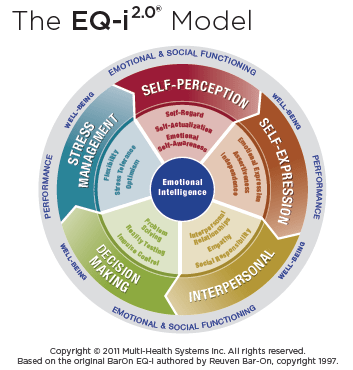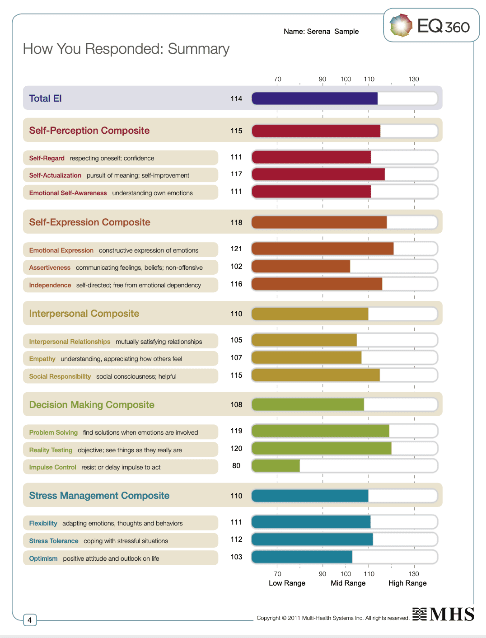EQ-I 2.0
Emotional Intelligence Skills are Critical Skills for Leadership
Emotional Intelligence skills are critical skills for leadership, team effectiveness, work performance, influence, work-life balance, and well-being. PI Midlantic’s leadership development programs incorporate behavioral analytics and emotional intelligence to develop well-rounded leaders and high-performing teams to take on any challenge. Learn more below.


